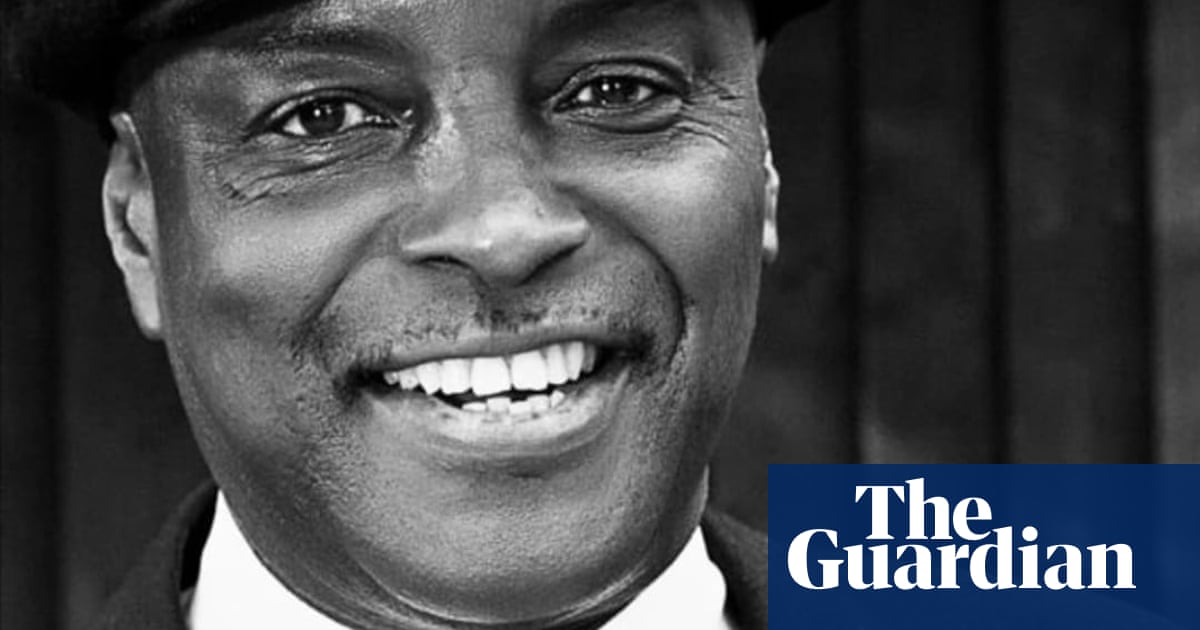
In 1981, on the same night as riots were breaking out in Brixton, the community leader Leonard Johnson, faced with a crowd of angry young people on one side and armed police on the other, stopped the same happening in Harlesden, north-west London. “Let’s build, not destroy,” he argued and for the next 40 years, that was his guiding philosophy.
My friend Leonard, who has died aged 67 of cancer, was a founding member and chair of the Harlesden People’s Community Council and was the driving force in the setting-up of Bridge Park, then the largest black community project in Europe.
Leonard, together with Juliet Simpson, Lawrence Fearon and other residents of the Stonebridge estate in Harlesden, founded the HPCC in 1980. At first they ran play schemes, leisure activities and classes in a local youth club, but Leonard had his sights on bigger ideas. Down the road from the youth club, the disused Stonebridge bus garage was for sale. Leonard saw the potential of the 3.5-acre site to provide a sports hall, cafe, workshops, IT facilities and childcare – all to be run by local people. I was asked by Brent council (my then employer) to work with Leonard and the HPCC to help them develop their plans.
In January 1982, Leonard presented his ideas to the council and invited government ministers and GLC councillors to visit the site. By the end of March, he and the HPCC had persuaded Brent, with support from government and the GLC, to buy it.
After extensive building works, Bridge Park was officially opened by the then Prince Charles in December 1988. The prince was so impressed that he invited Leonard and two others, including myself, to St James’s Palace. The then prime minister, Margaret Thatcher, also invited Leonard to No 10.
Born in Harlesden, north London, Leonard was the son of Edith (nee Grant) and Leemar Johnson, who had emigrated from Jamaica as part of the Windrush generation. His teenage years were troubled, and after Willesden high school he spent a couple of years in borstal and prison, but on coming out in 1980 with a strong Christian faith, Leonard was able to turn his life – and thousands of others’ – around.
After the bus depot was bought, Brent council employed him as a youth and community leader, but his success with Bridge Park soon led to consultancy work with various agencies, including the Civil Service College, and abroad, from South Africa to the US.
Unfortunately, relations between Brent council and the HPCC deteriorated, and in 1996 the council took over the management of Bridge Park, deciding in 2017 to sell it to developers. Leonard led the Save Bridge Park campaign, and was the leading defendant in a 2020 high court case. While the ruling ultimately decided in Brent’s favour, the judge recognised the vital role that Leonard and the HPCC had played in its development and urged the parties to work together.
A natural leader, with a clear vision and unwavering determination, Leonard continued to volunteer at Bridge Park throughout, and remained chair of the HPCC until his death. It was a privilege to have known and worked with him.
He is survived by his wife, Faith (nee Watson), whom he married in 1982, their two children, Syreeta and Leonard Junior, a grandson, Joshua, three sisters and two brothers. Two other brothers predeceased him.